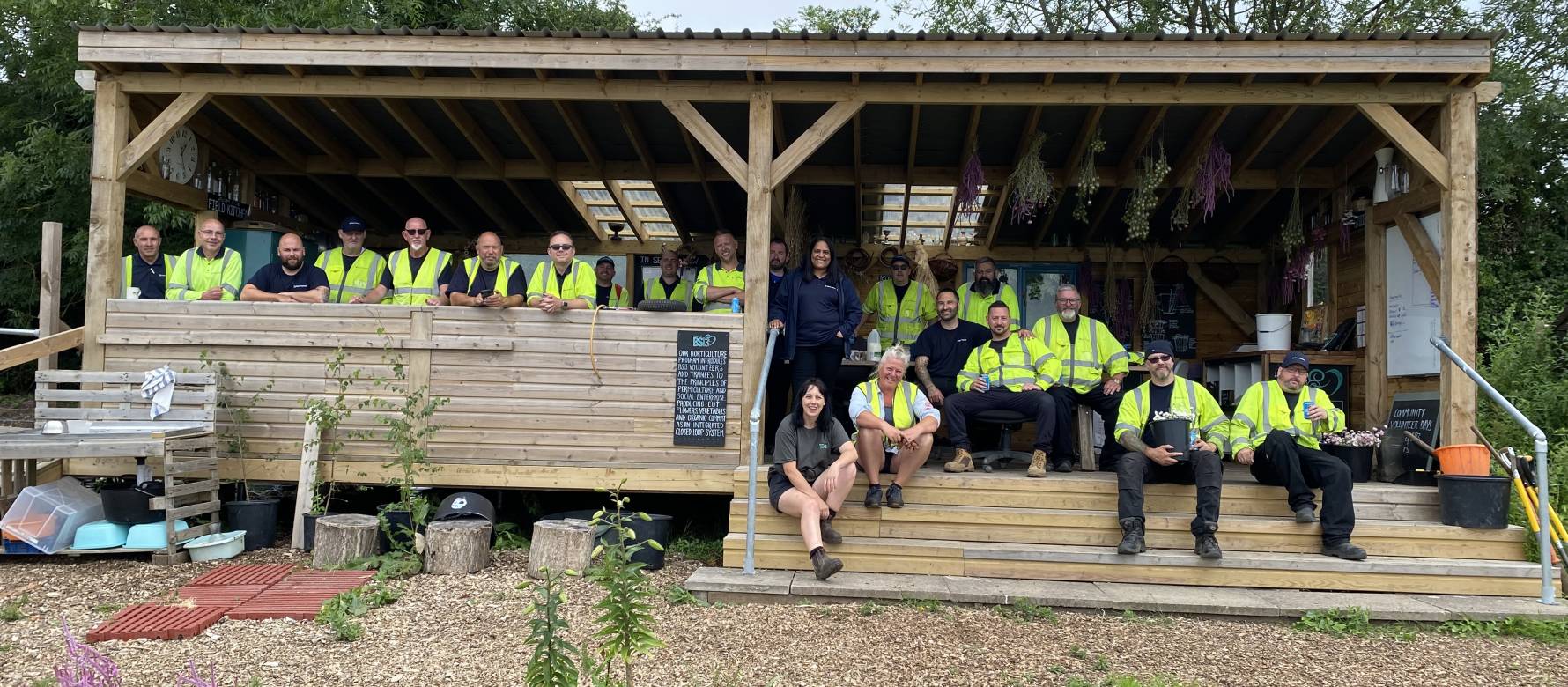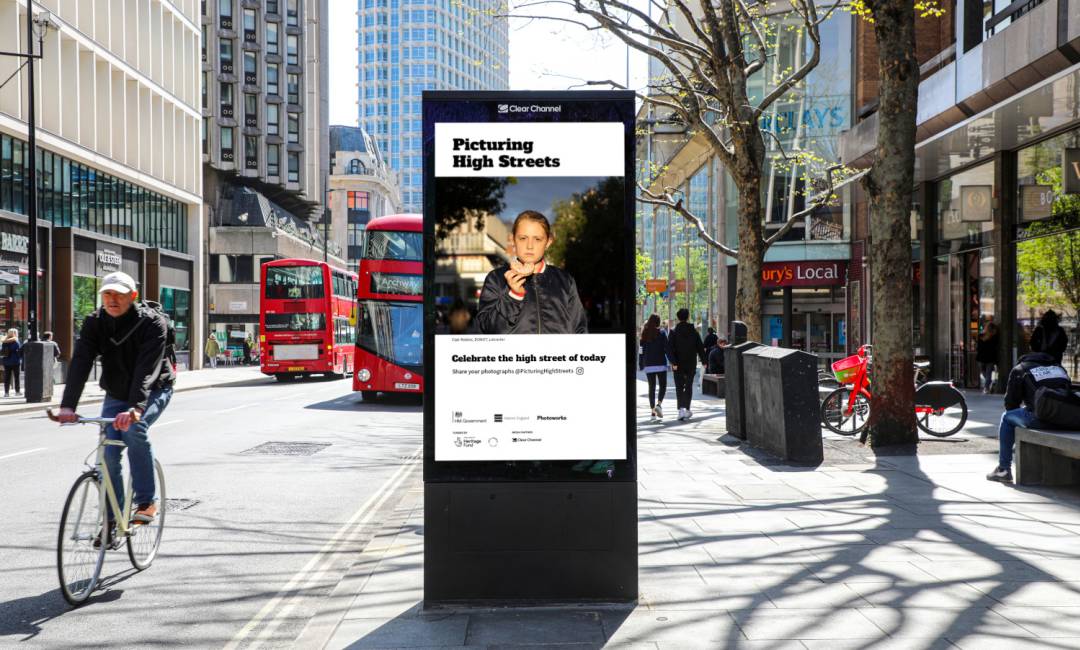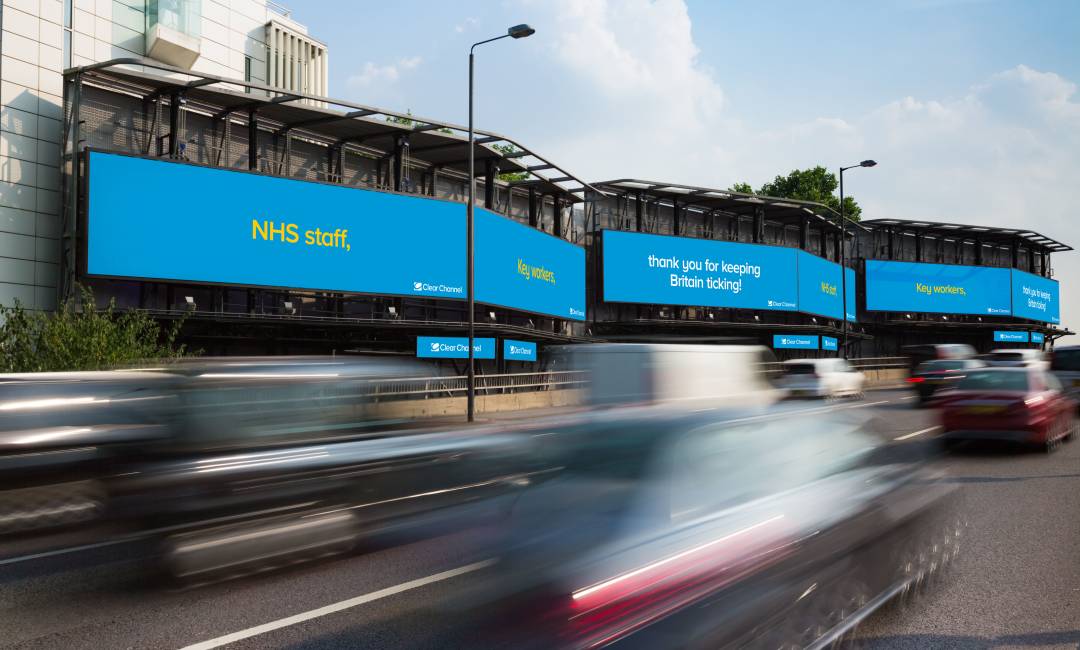A few of the initiatives relate to local charity partnerships. Every year, for the duration of our eight-year contract with Bristol City Council, two new charities will be selected to receive financial and resource support. The includes volunteering hours and free advertising space on bus shelters across the city. Over the course of the contract, we aim to provide £2m of social value.
What kind of charities will Clear Channel be supporting, and how are they selected?
A key part of my job will be to research and select the local charities that will receive Clear Channel’s support. Through researching local initiatives and networking events, I will speak with Bristolians to identify where our contributions could have the greatest impact. Also, the council segments community support into several categories including, for example, homelessness, young people, and reducing crime. I’m keen to focus on a new category every year to ensure the positive impact touches all areas of our city, and Clear Channel is supportive of this approach for selecting charity partners.
As part of our first year of the contract, we worked with Ambition Lawrence Weston (ALW) and Re:Work, and this year we are working with The Heart of BS13 and Babbasa, all of whom do so much for their communities.
Can you tell us more about what these charities do?
Each of these charities was founded and operates exclusively within Bristol. ALW and The Heart of BS13 are community-led charities whose mission is to improve the quality of life for their residents. As a hands-on team, we can support them with a variety of their ongoing outdoor projects.
Re:Work and Babassa both work with young people. Re:Work provides work experience opportunities in a wide range of roles like gardening, painting, decorating, and running a furniture shop. While Babbasa provides skill-based training, mentoring, and recruitment support to underrepresented young people in Bristol.
So far, has the role lived up to your expectations?
What attracted me to working for Clear Channel is its commitment to being a platform for good. Being a public infrastructure and advertising company with a lot of street presence, I knew it would be interesting. I was fascinated to learn that 50% of industry revenue goes back into the public purse for essential services and that the advertising is managed with a real focus on sustainability, like running all the screens on 100% renewable energy. For example, in Bristol, we’ve rolled out a fleet of fully electric vehicles to maintain our street furniture in Bristol and we’ll be reporting the environmental impact of going fully electric to Bristol Council. By reducing the estate to 160 more energy-efficient screens and removing screens near schools, the maintenance fleet will need to travel less, and overall power consumption will fall by 26%, reducing the environmental impact.
Is sustainability a critical factor for you?
Sustainability is a critical factor for Bristol. Our community cares deeply about the environment, so ensuring the new estate is as low-carbon as possible is important. But this must also be balanced with community initiatives. The charity partnerships, supporting local businesses and art projects, and reducing our advertising estate are all factors in ensuring that Bristol’s values are upheld. It’s exciting to feel like a pioneer in this space, and hopefully set a precedent for how businesses can work with communities in an authentic way.







